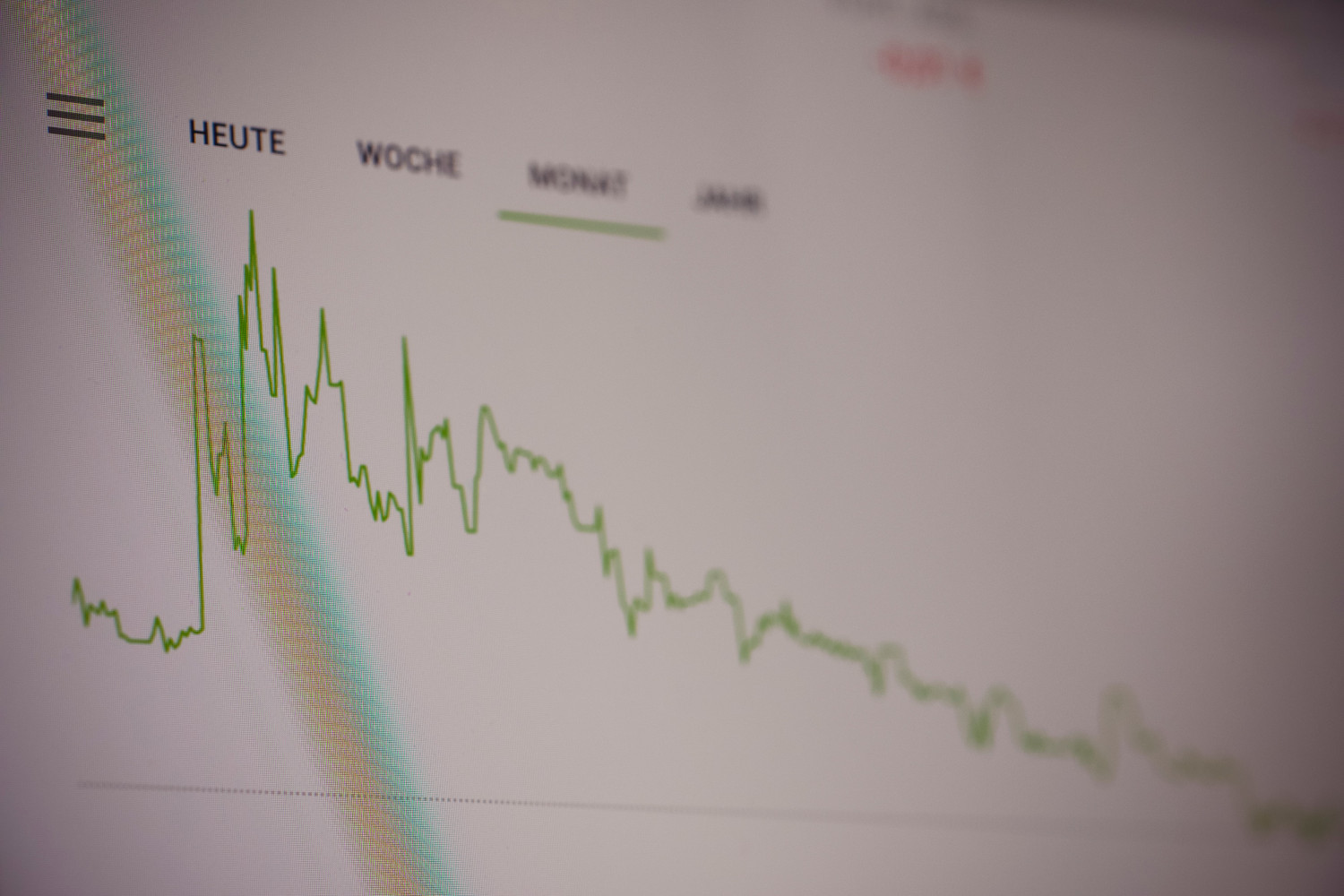Stock warrants vs options – what is the difference? And which of these is the right asset for you to invest in? In this article, we’ll answer these two questions along with many others you may have. While stock options and stock warrants have many similarities, they have plenty of differences as well.
A stock option is a contract that gives the holder the right to either buy or sell a stock at a given price, before a given date. A stock warrant does the same thing more or less – so what is the difference? It comes down to how you trade these two assets. A stock warrant is issued directly from the company to an investor, while a stock option contract is traded among independent investors on the stock market.
And as you’ll soon discover, each of these presents unique advantages to investors. This can make it tricky to determine which is better for your investment strategy. Don’t worry – we’re going to help you make the right decision. Let’s get right into the topic at hand!
Featured Courses:
Stock Warrants vs Options: What Is The Difference?
To help you gain a better understanding of the difference between stock warrants vs options, we will break down and define each asset. As we briefly covered in the outlook of this article, these more or less do the same thing – the manner in which they’re distributed, however, is very different. Let’s start by explaining what stock warrants are.
What Are Stock Warrants?
A stock warrant is a type of derivative that gives the holder the right – but not the obligation – to buy or sell company stock at a specified price – known as the strike price. These contracts also consist of a predetermined date by which the stock warrant expires. In the US, you can exercise your stock warrant at any point in time before the exercise date. In Europe, however, stock warrants can only be exercised on the expiration date.
One key takeaway you should leave with is that stock warrants are issued from a company to an investor. That means you will rarely purchase stock warrants through a broker or other third-party investor. Rather, you purchase them directly from the company. Another important distinction is that a stock warrant represents new shares of stock. Should you exercise your warrant, the company will release newly issued stock to satisfy the demand.
You will also find that stock warrants tend to have far longer expiration dates than a stock option does. Sometimes, these can expire years in the future. There have been warrants issued with expiration dates 15 years down the road, in fact!
What Are Stock Options?
Now – what are stock options & how do they work? These are definitely more common than stock warrants. Stock options are similar in that they represent the right – not the obligation – to buy or sell stock at a strike price before the exercise date. And similar to a stock warrant, a stock option can be in the form of either a put option or a call option. That means you can make money with stock options whether the underlying stock price is rising or falling. This is no different than a stock warrant.
However, where stock options do differ is in how they are traded. Stock options are contracts you can trade directly on the stock market through whatever broker or platform you use. The company in question is not involved in the contract whatsoever. The proceeds from trading stock options do not go toward the company. The fact that you can trade stock options on the market is why they are more popular – they are just far more accessible.
What else makes them different from stock warrants, you ask? Well, stock options tend to have shorter expiration time periods. The expiration date of a standard stock option is anywhere from a few months to a year at most. Another key difference is that no new shares are created through a stock option contract.
Stock Warrants vs Options: Which Is Right For You?
As an investor, you can make substantial profit potential from either stock warrants or stock options. As you now know, these are very similar to one another – with the key difference being how they’re traded, and the extent to which the company in question is involved. With all this said, which is the right approach to investing for you?
To help you understand where you should allocate your capital, let’s examine the pros and cons of stock options vs warrants.
Pros and Cons of Stock Options
Pros
- Options are far more versatile than warrants. You can implement options trading into a greater number of trading strategies – such as swing trading options.
- Because options are traded on the stock market independently, they are far more accessible. This makes it easier to find good opportunities and create spreads that make sense for your investment style.
Cons
- They are a bit more expensive than stock warrants. The value of a stock option is typically less than the value of a stock warrant all else equal.
- You may experience more competition with stock options than stock warrants since they are so accessible.
Pros and Cons of Stock Warrants
Pros
- You can find stock warrants at much cheaper prices than stock options. That means you can achieve high leverage and greater profit potential.
- Sometimes, you can find warrants with bonds attached to further sweeten the pot.
- It’s easy to hedge with warrants during bear markets.
- Because warrants have a longer timeframe, you have time on your side to see your investment pan out in your favor.
- You don’t have to deal with any competition in buying warrant contracts since they’re not traded on the market. This makes it easier for small-scale investors to get involved.
Cons
- Stock warrants lead to dilution of shares since a new stock issuing occurs anytime a warrant is exercised.
- It isn’t as easy to buy and sell warrants as they are not available on the exchange.
Stock Options vs Warrants: The Final Verdict
In considering all this, what is the right choice for you between stock options vs warrants? There is no right or wrong answer. If you want to keep things simple – stick with stock options. These are far easier to trade because they are available on the stock market directly. Warrants do offer a great upside and can be favorable – but coming across these opportunities isn’t easy.
With all this said, you can easily incorporate both stock options and warrants into your investing strategy. From the investor’s standpoint, they are very similar. You can earn supplemental income, use these as speculative instruments, or hedge your other investments with both options and warrants.
Because options are more common and a bit more versatile, we encourage you to start with options trading. And if you want to learn how to trade stock options, our complete guide is a great resource. If you really want to hit the ground running, though, you should invest in a quality course like the Options Paycheck Experience. This is the most comprehensive options trading program on the web – you won’t regret taking a chance on it once you’re consistently generating income using options spreads!
Final Thoughts On Stock Options vs Warrants
That wraps up our breakdown of the stock option vs warrant debate. As you now know, these are very similar – but a few key differences separate these derivatives. Ultimately, you can trade both to earn income or hedge investments. But because options are more accessible, we recommend you start there.
And regardless of which asset you decide to incorporate into your trading strategy, you need to set yourself up for success with the help of quality stock forecasting tools like VectorVest. This will help you pull up winning stocks on autopilot through pre-built searches and scanners. And, you’ll be able to time your positions to perfection with proprietary software that helps you determine when to buy, sell, or hold any given stock. See what’s possible with a risk-free trial today – and you’ll never look at trading the same again. For a sneak peek of what’s in store, get a free stock analysis here!






Leave A Comment